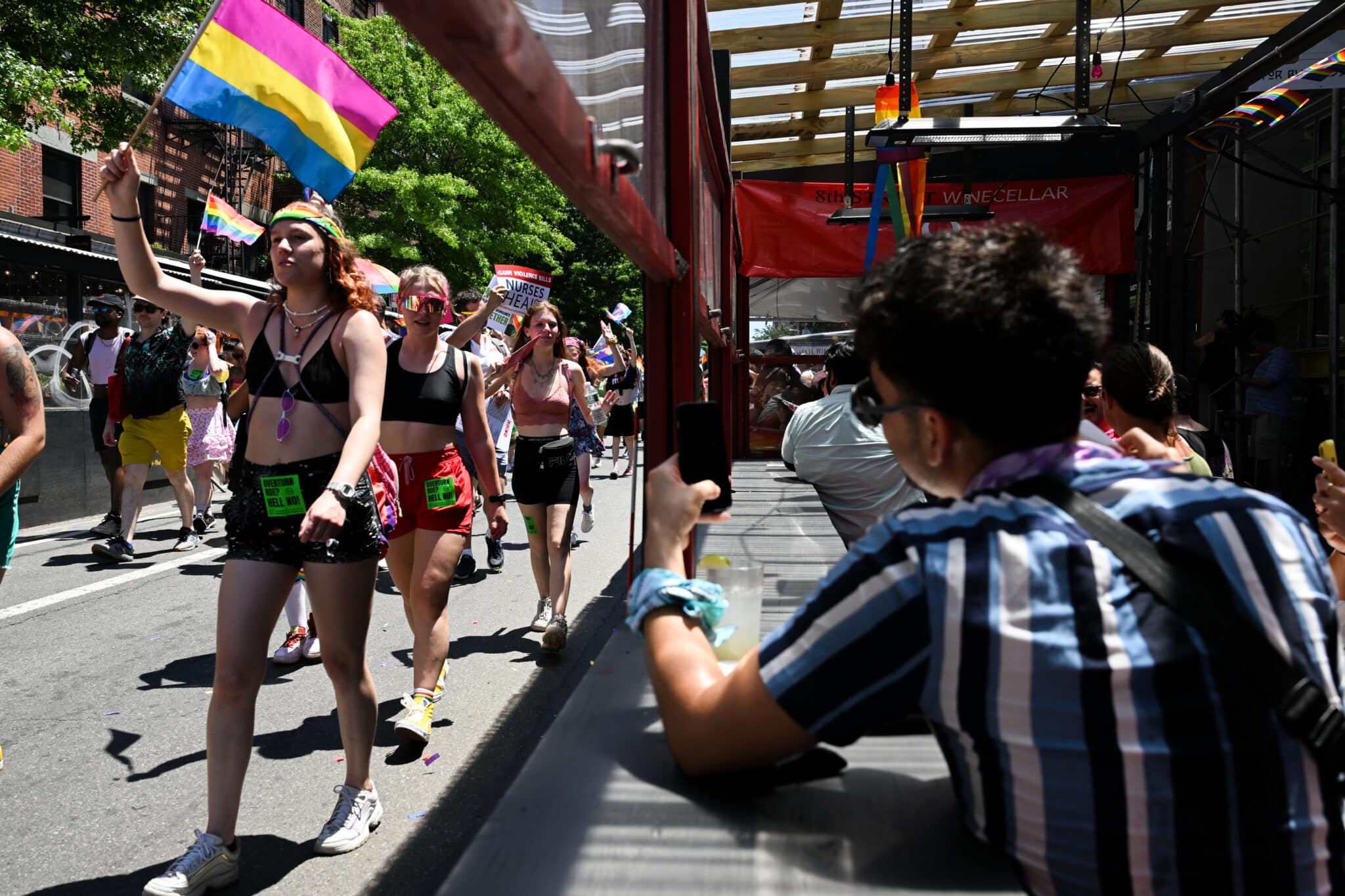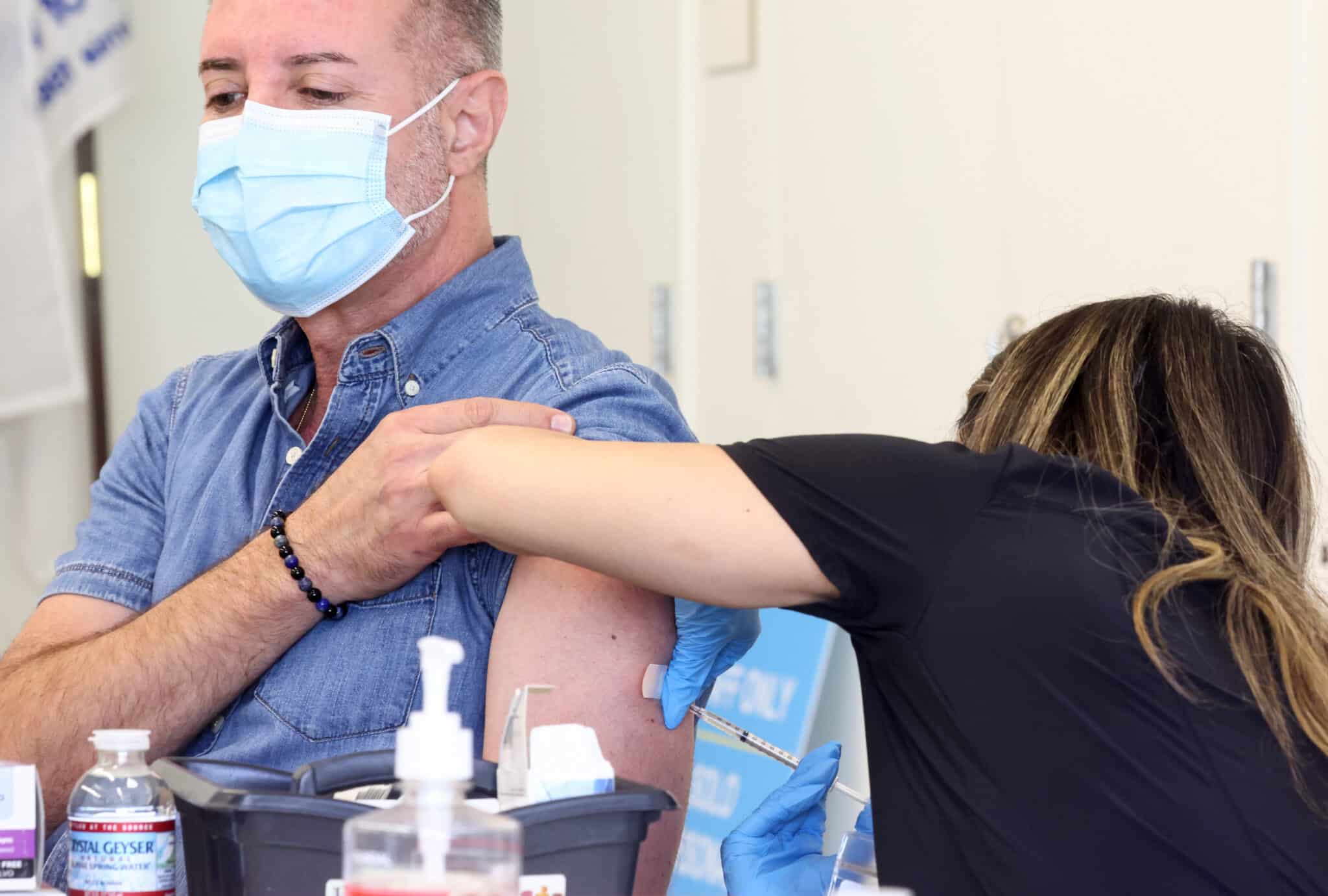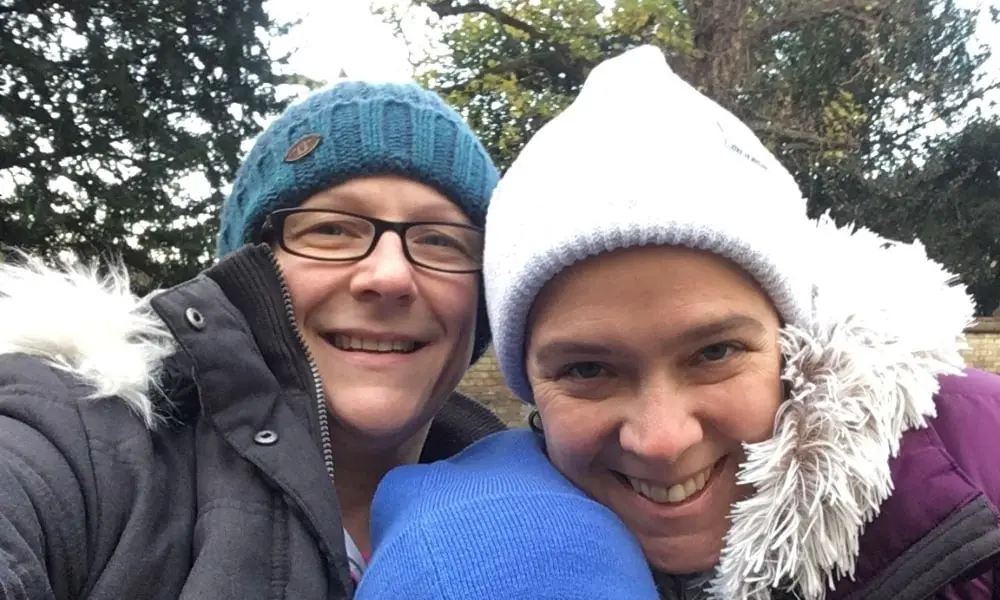LGBTQ+ charities and Truvada-maker Gilead launch $5 million monkeypox fund
Leading LGBTQ+ charities including GLAAD, and pharma company Gilead have teamed up to support responses to the monkeypox outbreak.
The coalition, which also includes the Human Rights Campaign, the National Black Justice Coalition, the National Center for Lesbian Rights, and the National Minority AIDS Council, was announced on 9 August.
Gilead, which makes PrEP pills Truvada and Descovy, has pledged up to $5 million in global grant funding to support a public education and vaccine hesitancy campaign, a public policy response and a global outbreak emergency fund.
The fund will issue grants of up to $50,000 to pre-existing Giliead grantee organisations that work in regions that have the highest active monkeypox outbreaks.
“Funds may be used to cover expenses such as community mobilisation activities specifically addressing MPV outbreak in communities disproportionately impacted by HIV, operating costs related to HIV testing and service interruptions and essential safety materials,” said GLAAD.
Charities such as GLAAD and HRC will focus on providing critical information about monkeypox to demographics and regions that are being significantly affected by the outbreaks, predominantly gay and bisexual man, and those living with HIV.
“As we saw with HIV, COVID-19, and now [monkeypox], disinformation continues to challenge the LGBTQ+ community,” GLAAD president and CEO Sarah Kate Ellis said.
“This new collaboration will enable creating and distributing content and resources to help our community know the facts and to understand prevention and treatment.
“When communities receive accurate, timely information, they are empowered to take appropriate action, leading to long-lasting, positive health outcomes.”
Giliead executive vice president of corporate affairs and general counsel Deborah Telman said the collaboration would ensure that the “immediate needs of impacted communities” were met, while steering groups away from disinformation which can lead to further spread of the disease.
In an interview with Reuters, spokesperson Rich Ferraro said that “with this partnership, we’ll be able to do more.”
There are currently a total of 31,800 confirmed monkeypox cases around the globe, according to regularly updated statistics from the Centers for Disease Control and Provention (CDC), with 31,425 of those coming from countries that have not historically reported monkeypox.
Because the disease has been found to disproportionately affect gay and bisexual men, there is a fear the outbreak could lead to homophobic stigma.
In America, far-right Republican Marjorie Taylor Greene has become notorious for spreading misinformation on the subject, saying that the disease is a “scam”.
“It’s not a threat to most of the population, and so it’s not a global pandemic, it’s really not, and people just have to laugh at it, mock it, and reject it. It’s another scam,” she said.
The CDC has said that research is still determining whether monkeypox can spread through “semen, vaginal fluids, urine, or faeces” and has only currently determined that it can spread through skin-to-skin contact, which can happen during “intimate contact.”
After the World Health Organization declared the growing outbreak a global health emergency, experts emphasised that anyone can get monkeypox and warned against reinforcing “homophobic and racist stereotypes and exacerbating stigma”.



